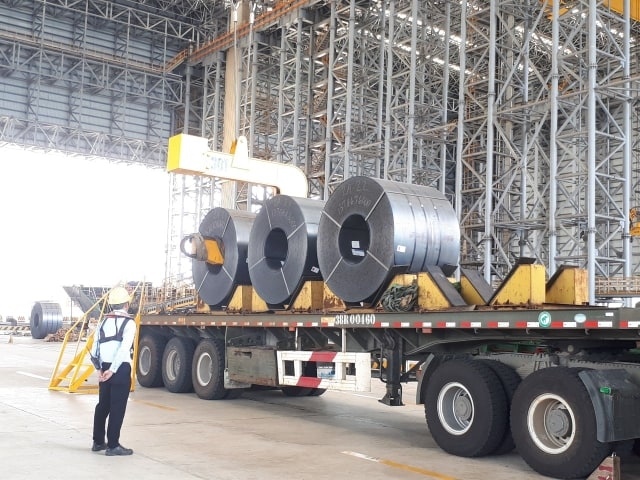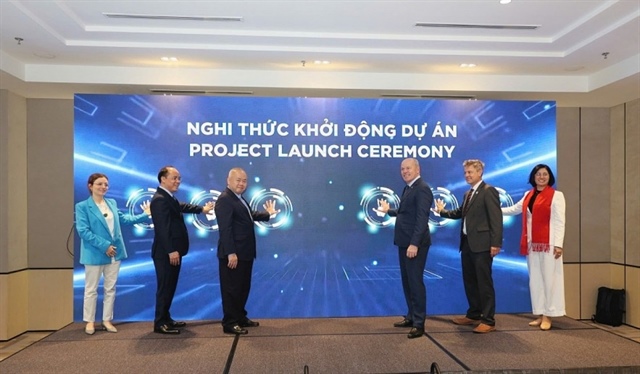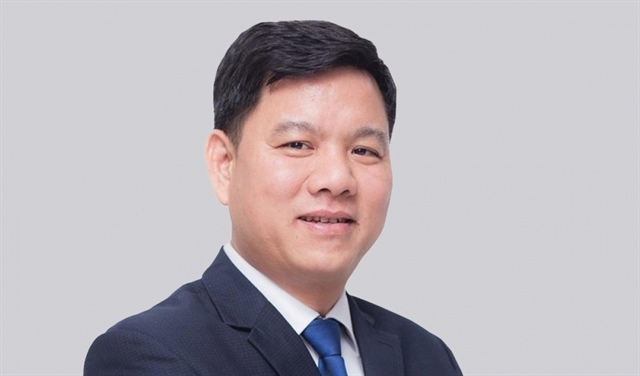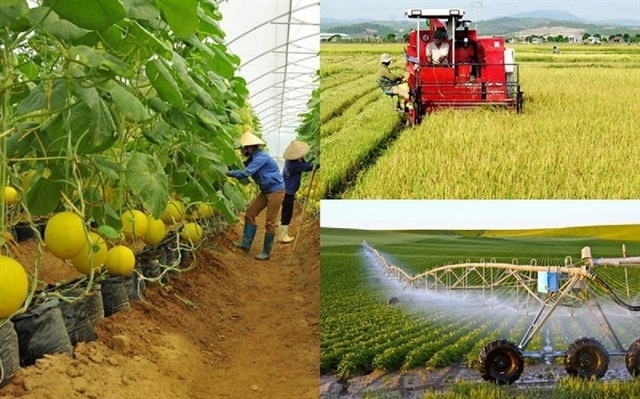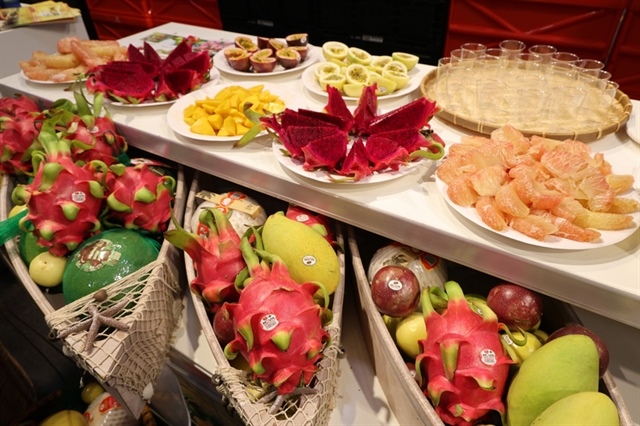Sugar association has battle of words with Industry ministry
Sugar association has battle of words with Industry ministry
In reply to a statement by the Ministry of Industry and Trade (MOIT) about the weak sugar industry, the Vietnam Sugar Cane and Sugar Association has published a 4,500-word document, rejecting the viewpoints expressed by the ministry.

MOIT’s Deputy Minister Nguyen Cam Tu, in his article published last week, mentioned several weak points of the sugar industry which have existed for many years.
The high production costs, inadequate policies on supporting farmers, unstable business performance and weak cooperation among businesses were described as the biggest problems of sugar firms.
Tu noted that sugar companies, instead of complaining about difficulties and asking for the state’s support, need to improve.
Citing the success story of Hoang Anh Gia Lai Group, Tu said this was a good business model for domestic companies to follow.
Commenting on Tu’s comments, Nguyen Hai, secretary general of the Vietnam Sugar Cane and Sugar Association, said the Deputy Minister “lacked necessary information” when giving such conclusions.
Hai denied Tu’s conclusion that the sugar price in Vietnam was much higher than other countries.
“The price in Vietnam is actually much lower than than in other countries, and it is only higher than Brazil and India,” he said in the document.
The wholesale price of white sugar in Vietnam is between $530 and $580 per ton, or VND11,400-12,400 per kilo, lower than $625.9 per ton in Thailand, $716 per ton of refined sugar in Indonesia and $956 per ton of refined sugar in the Philippines.
Hai said it was unreasonable to compare wholesale prices in other countries with the retail prices in Vietnam and conclude that the sugar price in Vietnam is too high.
Vietnamese consumers have to pay high prices for sugar because traders and intermediate parties control the retail prices. Sometimes the retail prices are 50-60 percent higher than wholesale prices.
As such, the culprit in this case, as the sugar association pointed out, is the poor organization of the distribution network.
In the case of Hoang Anh Gia Lai, Hai argued that the group had great advantages to develop its sugarcane project in Laos.
While businesses in Vietnam have had difficulties getting land allocated because of unreasonable management policies, Hoang Anh Gia Lai has the right to use large fertile land plots for 90 years in Laos.
“Businesses can use land for 20 years only and they have to get the land allocation extended after every 20-year period. The short-term land use does not encourage companies to invest in upgrading technology, which can reduce production costs,” Hai said.


